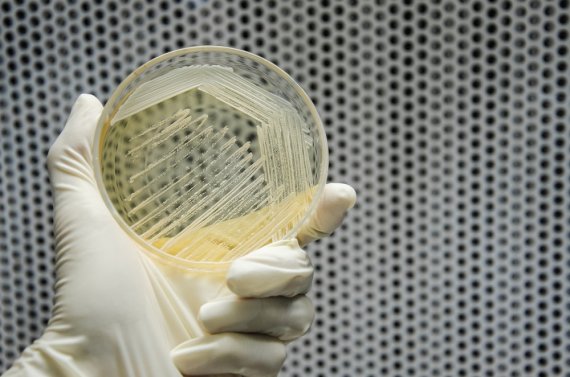(Foto: Shutterstock)
Cadmium is extremely toxic: even a small dose is harmful. Zinc and nickel are harmless or even beneficial in small doses but harmful in large quantities. Gorter let her yeast populations evolve through 500 generations in the course of 75 days, with gradually increasing concentrations of metals and with high concentrations from the word go. At regular intervals, she compared the fitness (reproductive success) of the yeast with that of the original yeast. That relative fitness shows how the yeast has adapted.
It turned out that the baker’s yeast reacted differently to the toxic cadmium than to zinc and nickel. When cadmium was present, the yeast showed the same adaptations regardless of whether the concentration was high from the start or increased gradually from a low level.
The same fitness end point was reached in both cases. However, when cadmium concentrations are high, the yeast has to find that solution quickly or else it won’t survive. The yeast adapts much more slowly if the contamination is increased gradually.
In the case of nickel and zinc, low and high concentrations led to different genetic adaptations. Gorter demonstrated this by analysing the genomes in the final yeast: the mutations were on different genes. Furthermore, the order in which those mutations occurred depended on the concentrations of the metal. With cadmium, all the mutations were on the same gene.
According to Gorter, her fundamental research on yeast has implications for higher organisms. ‘If we want to fully understand the consequences of contamination or climate change and take appropriate action, we need to take into account not just the absolute extent but also the rate at which that change takes place.’
Florien Gorter defends her thesis on Friday, February 17th in the Aula of Wageningen University, start at 16:00.


